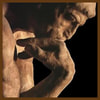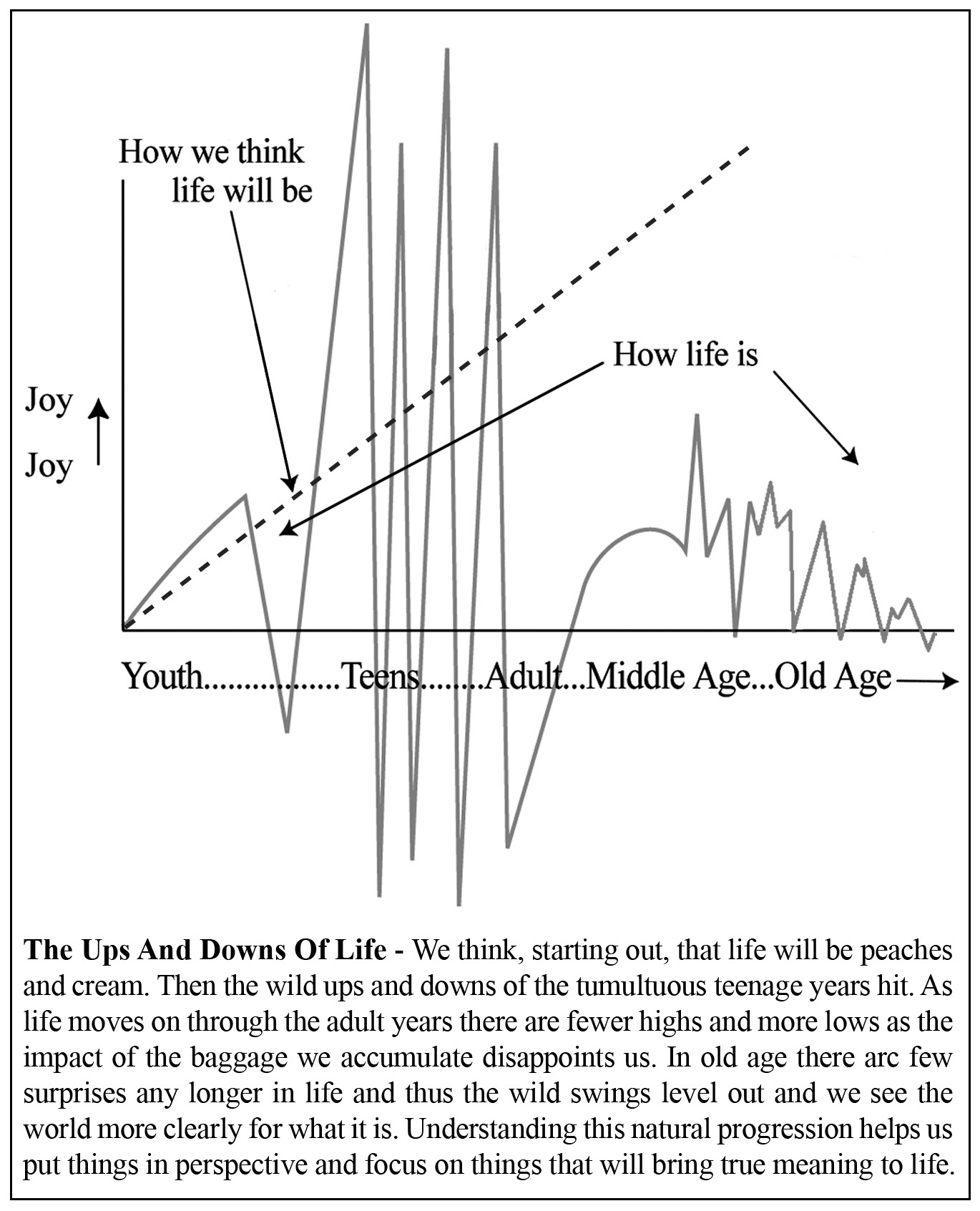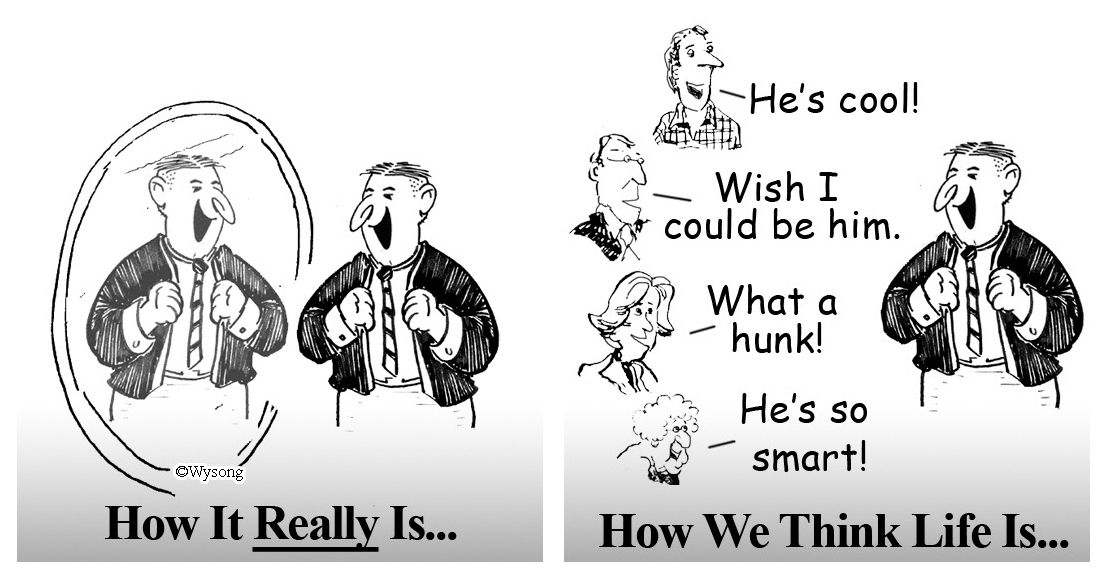Words of wisdom and miscellaneous facts by Dr. Wysong and others.
This is an accumulation over several decades and the accuracy cannot be attested to.
Wysong vs Nemos Bible Debate
COSMOLOGY LIES AS BIG AS THE UNIVERSE
⬇️ Click to scroll down to article
"We'll know our disinformation program is complete when everything the American public believes is false."
—William Casey CIA director 1981
The bigger the lie the greater its acceptance because people cannot believe authority figures would ignore reality.
To find truth we must hate the lie more than love accepted beliefs.
Fraud vitiates everything it touches. (common law maxim) Nudd v. Burrows (1875) 91 U.S. 416.
Fraud destroys the validity of everything into which it enters. Boyce's Executors v. Grundy (1830) 28 U.S. 210.
Fraud vitiates the most solemn contracts, documents and even judgments. United States v. Throckmorton (1878) 98 JU.S. 61.70.
FORWARD
The accepted cosmogony/cosmology (origin and nature of the universe) belief is:
—William Casey CIA director 1981
The bigger the lie the greater its acceptance because people cannot believe authority figures would ignore reality.
To find truth we must hate the lie more than love accepted beliefs.
Fraud vitiates everything it touches. (common law maxim) Nudd v. Burrows (1875) 91 U.S. 416.
Fraud destroys the validity of everything into which it enters. Boyce's Executors v. Grundy (1830) 28 U.S. 210.
Fraud vitiates the most solemn contracts, documents and even judgments. United States v. Throckmorton (1878) 98 JU.S. 61.70.
FORWARD
The accepted cosmogony/cosmology (origin and nature of the universe) belief is:
A Big Bang of nothing created an infinite meaningless universe containing atomic dust that gravitationally accreted into heavenly bodies including our Earthball moving in several different directions at 2.8 million mph and holding an atmosphere next to the vacuum of space while spontaneously forming life from primeval sludge that then evolved into complicated rocks called humans with no free will.
Long ago it became clear to me that the materialistic evolutionary part of that credo was false.
But I was on board with the cosmology part. After all, we see rocket ships going to and fro, there is a "Space Force," pictures of Earth and planets abound, astronauts float around and in the International Space Station, thousands of people and billions of dollars support it, and, of course, "all" the experts believe.
To question this is to be a conspiracy theorist, misinformationist, or even a lunatic. Oh my, we must, after all, follow the crowd.
The idea that we are being lied to about space didn't even enter my mind until a few months ago when what was left of my naive and trusting innocence had been totally demolished with the COVID-19 fraud.
We, the crowd, extend our trust to institutions charged with looking after our interests. But government, Big Medicine, education, media, industry, Big Tech, science, and NASA chase money, their own security, and even power over us.
That should not inspire confidence in beliefs they create, promote, protect with censorship, and even demand acceptance of.
If we want truth, we have to find it ourselves. To do that requires the opposite of trusting in others. It means sleuthing what the powers that be try to hide from us in internet archives, banned videos, censored "disinformation," and what "fact checkers" say isn't so.
Probing into the subject I was stunned to learn that:
That means unproven beliefs, stories, and even fakery are being passed off as science and truth.
This subject may seem inconsequential to everyday life. But that's only true if we aren't being lied to about it. If the truth is being hidden from us, we can be sure of one thing, it's not being done for our benefit.
Truth seekers learn that the scale and ostentatiousness of lies being fed to us means nothing can be tacitly trusted.
Everything of importance from government, media, industry, medicine, education, economics, science, history, religion, and popular society must be assumed to be false unless we prove otherwise by doing our homework and thinking critically.
This series will provide wake-up information to help you discover lies as big as the universe.
But I was on board with the cosmology part. After all, we see rocket ships going to and fro, there is a "Space Force," pictures of Earth and planets abound, astronauts float around and in the International Space Station, thousands of people and billions of dollars support it, and, of course, "all" the experts believe.
To question this is to be a conspiracy theorist, misinformationist, or even a lunatic. Oh my, we must, after all, follow the crowd.
The idea that we are being lied to about space didn't even enter my mind until a few months ago when what was left of my naive and trusting innocence had been totally demolished with the COVID-19 fraud.
We, the crowd, extend our trust to institutions charged with looking after our interests. But government, Big Medicine, education, media, industry, Big Tech, science, and NASA chase money, their own security, and even power over us.
That should not inspire confidence in beliefs they create, promote, protect with censorship, and even demand acceptance of.
If we want truth, we have to find it ourselves. To do that requires the opposite of trusting in others. It means sleuthing what the powers that be try to hide from us in internet archives, banned videos, censored "disinformation," and what "fact checkers" say isn't so.
Probing into the subject I was stunned to learn that:
| Nobody, including any scientist, can prove any aspect of the approved cosmogony/cosmology belief using experimentation and the scientific method. |
That means unproven beliefs, stories, and even fakery are being passed off as science and truth.
This subject may seem inconsequential to everyday life. But that's only true if we aren't being lied to about it. If the truth is being hidden from us, we can be sure of one thing, it's not being done for our benefit.
Truth seekers learn that the scale and ostentatiousness of lies being fed to us means nothing can be tacitly trusted.
Everything of importance from government, media, industry, medicine, education, economics, science, history, religion, and popular society must be assumed to be false unless we prove otherwise by doing our homework and thinking critically.
This series will provide wake-up information to help you discover lies as big as the universe.
"We'll know our disinformation program is complete when everything the American public believes is false."—William Casey CIA director 1981
"We know they are lying, they know they are lying, they know we know they are lying, we know they know we know they are lying, but they are still lying."—Aleksandr Solzhenitsyn
"We know they are lying, they know they are lying, they know we know they are lying, we know they know we know they are lying, but they are still lying."—Aleksandr Solzhenitsyn
|
11/19/2019
Click to enlarge, Ctrl + to enlarge further; Ctrl 0 to return to 100%
Expectations in our early years go a long way in determining our happiness. Certainly setting lofty goals and working hard to achieve them is important. But that is not the ethic promoted in the modern world. We are led to believe that things come easily, we can avoid unpleasantness, we are entitled, immediate gratification is only a few dollars away and—perhaps most delightful of all—we are the focus of other peoples' attention and interest. Moreover, when young, we assume that if we jump through the hoops of going to school, landing a job, getting married, having children, and making big bucks we will live happily ever after. Life can seem so certain when we are young and look forward.
Entertainment presents a Pollyanna ideal in which people are physically perfect, apparently don't worry, are certain of their life's course, always have fulfilling love and companionship, are secure in themselves, and seem to have abolished all negative aspects of life. Commerce exploits these fantasies by attempting to convince us that their products and services are the means to a perfect life. Surgeons reshape bodies, closets bulge with every new fashion, impoverished ghetto children wear $150 sneakers, zillionaires glut themselves with the best that money can buy, and therapists are used as a substitute for personal reflection, learning, healthy life choices, exercise of conscience, and self-responsibility. But as time marches on, an idealistic life is not our life. We make mistakes, we hate to take risks, we are uncertain, financial security seems elusive, there isn't time to interact properly with those we love, our face has a new wrinkle, our hairline is receding, problems continue to mount, and we do not feel as though we are gaining more control, but rather losing it. When we contrast real life against the ideal marketed to society, we can feel failure, inadequacy, bitterness, social alienation, and hopelessness. All because we are chasing a fantasy, an unreal mythology about how life should be, rather than how it is.
This is the reality:
• Pain, difficulty, and failure are part and parcel of being alive. (Notice even movie stars, sports heroes, moguls, and presidents face crises and tragedy.) • The future cannot be programmed, it is uncertain. • Any accomplishment requires hard work and dedication, both to achieve and maintain. • Everyone is not looking at us, we are not the center of other peoples' universe, and it's not 'all about me.'
• No matter what you do, you cannot avoid the above.
• None of this will ever change. We can't perfect life and then get it to stand still. Of course we would like to grip some experiences forever, such as our children's early years of innocence, winning at sports, the love and adoration of parents, receiving an honor, being in love, and good friendships. While we're saving and savoring all these things, at the same time we would like to be able to remove the pain from the loss of a loved one, the incapacity of illness, the loss of a critical sale or game, or rejection by a friend. Confusion and uncertainty are season ticket holders on the roller coaster of life. Life is a flow of events, a never-ending succession of peaks and valleys. Although we may attempt to deny this and work against it, we will not succeed. But that is okay. It is best to be aware of and accept life's uncertainty. If we know we will be faced with the unexpected then we will not be unduly surprised and can set about making the necessary adjustments rather than whining and beating our chests in despair. Much better to label events as failure, tragedy, success, or happiness, and see them for what they are: momentary happenings that will be replaced with yet others. By not embracing too tenaciously that which will not remain (everything), we open ourselves to new adventures, challenges, and joys, and avoid the trap of always looking backward with regret or longing. We get a grip on reality when we see life as a process, a dynamic with unpredictable curves, stops, reverses, and new paths over which we may not have control, and some choices over which we do. Part of that reality is that life's uncertainty and challenges are what we need to become better people. Without forks in the road we cannot exercise choice and conscience. Without trying times we do not reflect on who we really are—people who are here for the purpose of becoming, becoming better people. If you agree, disagree, have questions, or have a correction please let me know. Comment below or email me at [email protected]
Leave a Reply. Choose Any Name
Comments
|
Introduction
1. We Can Agree 2. Possibility Thinking 3. The Solver Principles 4. Our Owner's Manual 5. We Live in A Unique Time 6. Being Health Smart 7. The Illusion of Youth Health 8. The Good Old Days 9. Timing Life 10. Exercise 11. Hormones and Steroids - A Two-Edged Sword 12. The Female Hormone Problem 13. Growing Older 14. Squaring the Curve 15. Healthy Dos and Don'ts 16. The Medical Profession 17. The Greatest Threat to Health 18. Don't Surrender to Medical Care 19. But We Live Longer Today 20. Dollars Don't Make Health 21. Disease Does Not Strike Us 22. Germs Don't Cause Disease We Do 23. From Where Does Healing Come 24. The Best Food 25. Food Ethics 26. Healthy Weight 27. Healthy Eating Ideas 28. First Things First 29. Hopelessness 30. Depression 31. Memories 32. Addiction 33. Blaming the Parents 34. Surviving Tragedy 35. Touch 36. Music as Healer 37. Humor 38. Pets as Life Savers 39. Pet Keeping - A Serious Responsibility 40. The Myth of 100 Complete Pet Foods 41. Feeding Pets as Nature Intended 42. Industry vs. Earth 43. Population 44. Modernity's Deception 45. Animal Rights 46. Biophilia 47. Respect for All Life 48. Doing Good With Business 49. The Global Economy 50. The Power of Money 51. Financial Affairs 52. Work as Friend 53. Government 54. The End of Civilization 55. Freedom Is Not Equality 56. Sex 57. Being in Love 58. Marriage - The Union of Opposites 59. Divorce 60. The Family Nest 61. Having Babies 62. Children 63. The Empty Nest 64. Experience 65. Education 66. Life Is Uncertain 67. Things Mound Up 68. Murphy's Law 69. Life's Predictability 70. Finding Home 71. Learn From History 72. Shaping the Future 73. The Other Line Always Moves Faster 74. Little Things Add Up 75. Growing Up 76. Alone 77. Hope 78. Paying the Success Price 79. Change A Wonderful Thing 80. Being the Best You Can Be 81. Do Something, Something Happens 82. Change the World 83. Growing Good People 84. Words 85. Genius 86. Listen and Learn 87. Mind Over Matter 88. Looking Good 89. Protecting Yourself 90. Self Sufficiency 91. Life Is Math 92. Ethics 93. Conscience 94. The Long View 95. Being Real 96. Change 97. End and Beginning Figures |


 YouTube
YouTube Podcast
Podcast


 RSS Feed
RSS Feed
 Twitter
Twitter
0 Comments